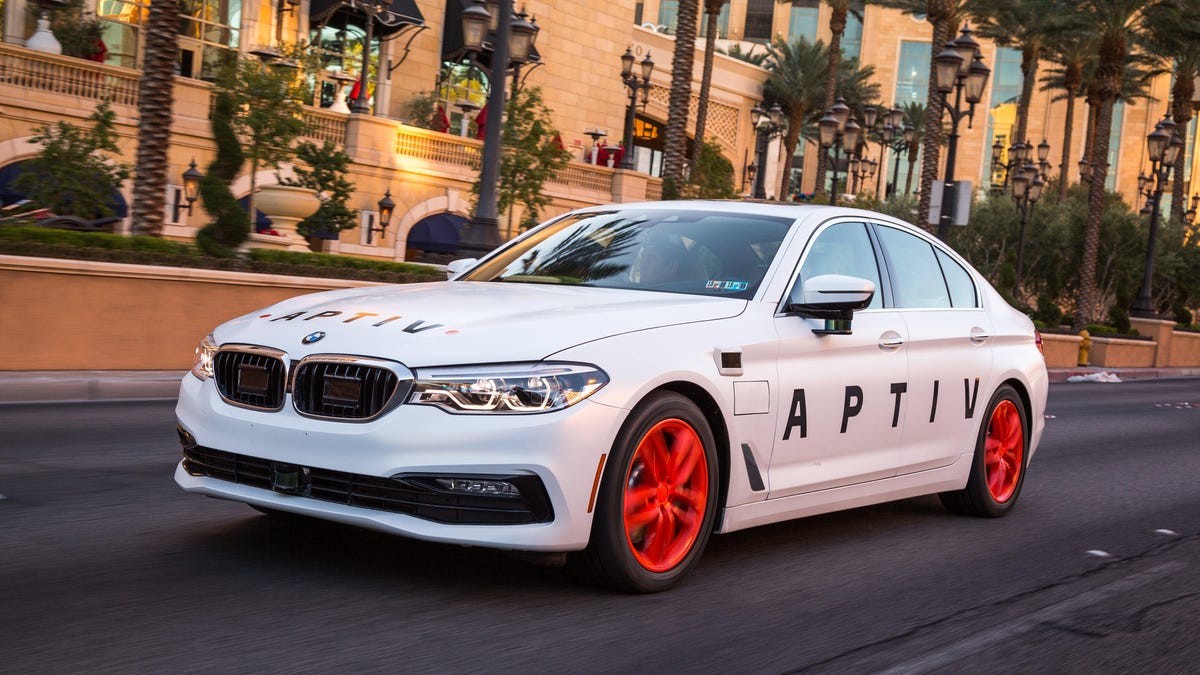Self-driving cars won't eradicate the car crash, study says
While self-driving cars won't get distracted or drive drunk, that only accounts for a third of wrecks that occur, according to the insurance industry.
In a blow to hopes for a future free of car crashes with the coming of self-driving cars, a study released Thursday by the Insurance Institute for Highway Safety shows totally driverless cars would have a difficult time achieving such a goal.
The IIHS looked at more than 5,000 police-reported crashes from the National Motor Vehicle Crash Causation Survey, which the insurance industry-funded group said represents vehicle crashes that resulted in one car towed and required emergency medical services.
Combing through the files, the IIHS then sorted the crashes into five categories: sensing and perception; predicting; planning and deciding; execution and performance; and incapacitation errors. Self-driving cars will be able to eliminate sensing and perception errors, or crashes that result in the driver's distraction, and autonomous technologies won't be subject to the influence of drugs or alcohol. So, that takes incapacitation errors out. From the sample, that accounts for 34% of crashes. Let's note the figure is not an insignificant number of crashes automated cars could prevent -- 2 million a year in the US alone.
"It's likely that fully self-driving cars will eventually identify hazards better than people," said Jessica Cicchino, IIHS vice president for research, "but we found that this alone would not prevent the bulk of crashes."
As tech companies and automakers paint a picture of a future without a single crash, however, the IIHS found it will be a lot harder for self-driving cars to prevent all of them.
Where the trouble comes, the IIHS says, is errors of planning and deciding, and execution and performance. IIHS says self-driving cars will need to feature programs that can in no way conflict with safety and law protocols. This would mean a future where humans cannot instruct a self-driving car to go faster than a posted speed limit, or perform some sort of illegal maneuver like a U-turn.
"Our analysis shows that it will be crucial for designers to prioritize safety over rider preferences if autonomous vehicles are to live up to their promise to be safer than human drivers," said the study's lead author Alexandra Mueller, a research scientist at the IIHS.
Not only will they need to account for laws, but the IIHS notes automated systems will need to take road conditions and other driving strategies humans exhibit into account at all times. Any sort of misjudgment could end up as a planning or deciding type of crash if the self-driving car misjudges things. Additionally, the IIHS declared there's no way to avoid crashes with today's technology due to mechanical failures, such as a blown tire, which accounts for about 6% of accidents. So what the insurance industry group is implying, you may not be surprised to hear, is that we'll all still need insurance for our self-driving cars.
The Self-Driving Coalition, an industry group that includes Waymo, Ford and Uber, struck back at the findings and defended the nascent technology.
"Self-driving vehicle technology will help reduce the incidents of drunk driving (29% of all 2018 fatalities) and distracted driving (14% of all 2018 fatalities), which are important steps that should not be overlooked in making roads safer for drivers, passengers, cyclists and pedestrians," the coalition said in a statement. "Beyond those improvements, self-driving vehicles hold the potential to avoid problems that arise from fatigue, human error, speeding or other common causes of fatalities."
The group also notes the IIHS assumed self-driving cars would operate like humans, while companies are working to create autonomous systems that drive better than humans, for example by the cars talking to each other, which would help reduce accidents due to predicting, planning and deciding errors. Then again, this technology isn't available today and there's no clear timeline for when a perfectly functioning self-driving car will arrive.
First published June 5.


